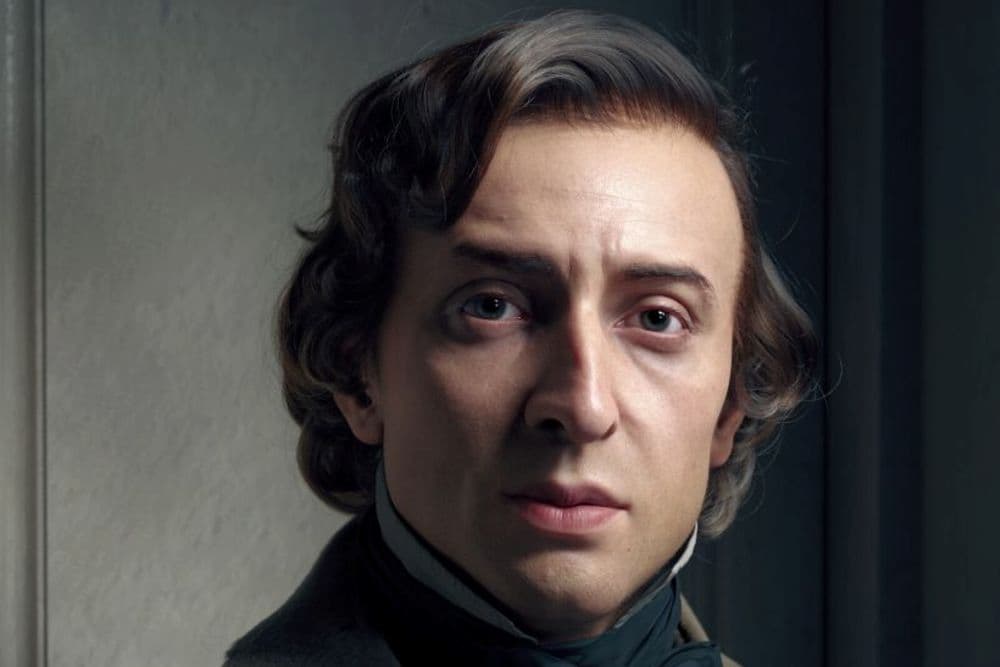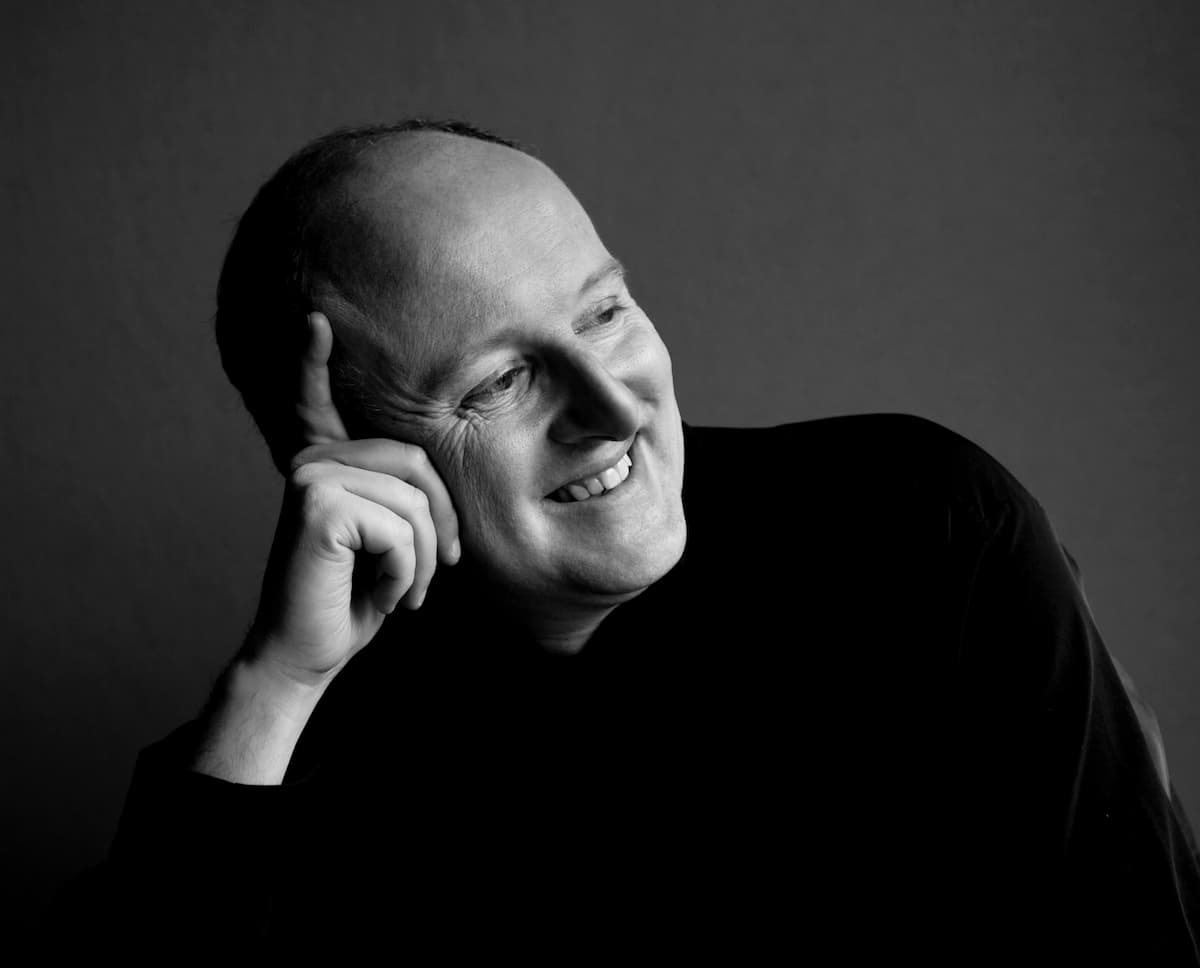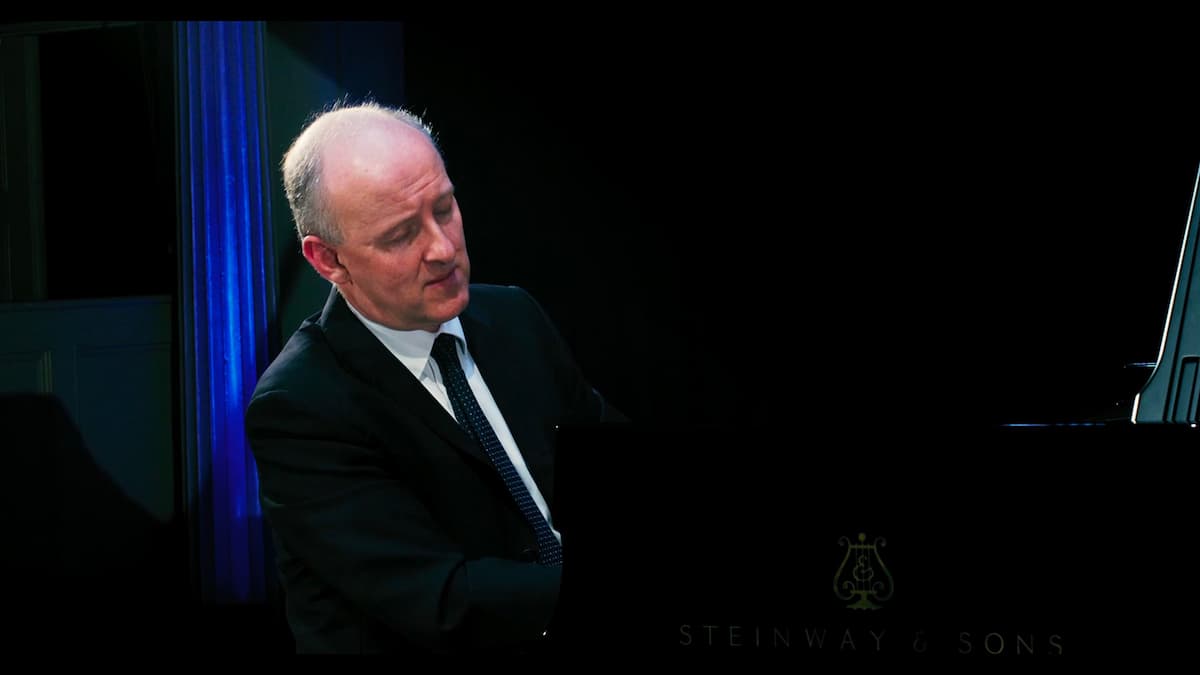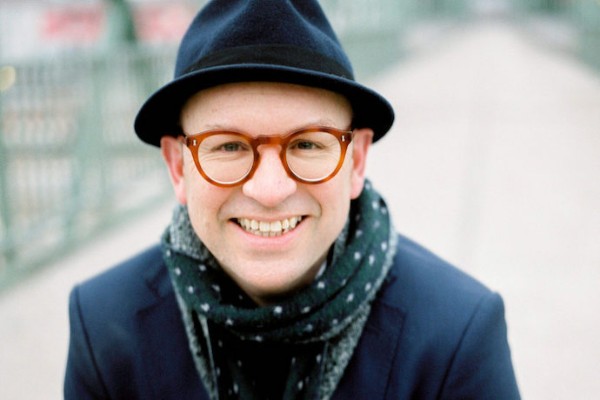The music of Frédéric Chopin has been central to British pianist James Lisney’s repertoire since his Wigmore Hall debut in 1986. Lisney is a ‘great great grand pupil’ of Chopin, through his teacher, Phyllis Sellick (1911-2007), who herself was taught by Isidor Philipp, a pupil of Georges Matthias, who was taught by Chopin.

Frédéric Chopin © Hadi Karimi
For his autumn concerts in the UK and Europe, James Lisney is performing some of Chopin’s most beloved piano music, including selected Nocturnes and the Four Ballades. Called ‘Ballady i romanse’, Lisney’s Chopin tour draws its title from the set of poems published by Adam Mickiewizc in 1822. The programme portrays Chopin as the salon virtuoso of the Impromptus, the masterly narrator of the Ballades, and the ultimate poet of a selection of the Nocturnes.
I spoke to James Lisney about the pleasures and challenges of playing Chopin, and why he had decided to include the Ballades in his programmes.
Why the Ballades now?
So many people were playing the ballades throughout my life that I hardly ever programmed them. I only learned, after a great deal of effort, the third Ballade when I was a teenager, and took many attempts at beginning to try and feel comfortable with it, what it was about, and how to get around the difficulties on the keyboard, and then have not felt moved or even attracted to play these undoubtedly great works. But all the time, I see the music brought to me by piano students and hear them at concerts. And so I thought I should just have a go and investigate them myself.
You went back to earlier recordings of these works. How did these inform your view of the Ballades?
From the recorded performances, I’ve noticed that there’s an electricity and intellectual quality to the playing of people like Josef Hofmann and Raoul Koczalski, who, through their teachers, were particularly connected to the middle of the nineteenth century, as was my teacher, whose own teacher was born in 1861. It’s a window into a different age. And I’d always considered those pianists to play in an overtly, over-emotional way, splitting the hands, and lots of habits that we didn’t like in the twentieth century. But now I’m beginning to see that in a different way, and it has refreshed my views of Chopin in the last 10 to 15 years or so.
Nocturne in F Minor, Op. 55: No. 1
Everybody seems to love the Ballades, and I want to go to my grave being able to play the fourth Ballade in particular. The big surprise for me was the first Ballade in G minor, and it’s been a revelation to get my hands on it. And I just think, “yes, this is a fantastic piece, which is thrilling to play every day”.
What is your process for learning this music?

James Lisney © S Maeder
It’s been fantastic to do as much research as possible about Chopin’s life and about the pianos, refreshing my view of what I wanted to do on a modern piano. Also, the art of reflection on the piano – looking at scores, talking about scores, and not putting my hands on the keyboard. I believe this was very much one of Chopin’s processes. He called it “declamation”. He spent time during lessons standing with the student, with music on top of the piano, talking about it, pointing out things, singing things, and then pretending to play things. And this was very much my procedure when I was a student, and I do this with my own students. So, both of us are standing side by side looking at a score. What do you see? What do you hear? What do you think of that? And that’s been a great process, to hold off, before I actually put my hands on the piano keyboard.
I’d always thought fourth and first Ballades would be very difficult to learn, but in fact, I think they’re much easier to learn at this stage. The fourth Ballade has just been a pleasure every day. It’s so natural to play, it makes so much sense. Probably the greatest challenge for me is the third Ballade, but that was the one I learned when I was a teenager. So maybe I’ve got all my neuroses and problems hacked into it from when I was younger!
Do you have a favourite out of the four?
I’ll answer that question the wrong way round. The one that I find strange to play is number two. But I think it’s meant to be strange to play. It’s so extreme that it leaves you in a very odd place at the end. It’s got a very strange little cadence at the end as well, which doesn’t really reveal to you what’s happened. So that one, perhaps, is the one that I find least satisfying to play. But hopefully the process of performing it over the next few months will change that. Maybe it’s a piece that is meant to unsettle you; whereas, the fourth and first Ballades, you think, “Well, I’m getting paid to do this. This is lovely!”
You’re quoted as saying “Audiences love this music”. What is it about Chopin’s music which is so appealing?

There’s so much colour, and people are so comfortable with it, you can take people into areas with Chopin, which they need never get tired of. If they get tired of the richness of one of his epic narratives, you can also go to an exquisite little Mazurka, which is just as satisfying in the hierarchy of Chopin’s music. So I think a monograph performance of Chopin works particularly well and gets people to hear a piano recital who may not go to other piano recitals.
Frédéric Chopin: Nocturne Op. 62, No. 1
When you’re playing the same programme over and over again, how do you keep it fresh?
Well, it’s quite a simple, straightforward approach, and that is not to play the music very often, and is to instead keep saying, What’s there? What do you see? so that you end up with a very clear set of priorities, which the score is and all that should tell us, rather than how this or that impressive pianist has played it. It’s just the score, or, in Chopin’s case, probably three scores. I tend to look at three very well-respected scores. I’ll get various text editions, and I’ll just get down on the ground and look at the three scores. And from doing that over and over again, I get a feeling of what’s probably important in Chopin’s mind. And then once I’ve done that, on the day of the concert, I try very hard to forget all that and just make music. So a lot of the work is refreshing the music. What is the truth? And then on the day of the concert, I try to be an artist, and I say, Well, now I have to recreate and improvise. For instance, I never play through. I’ve yet to play through any of the Ballades; I get too nervous if I play at home, but I’m not at all nervous if I play in the concerts because I know that’s the day I’ve been preparing for. And therefore the concert is kept fresh.
In that respect, I also follow the advice from my teacher, but also very famously from Glenn Gould, which was to stop practicing quite a long time ahead of the concert, and then just hope everything is all right. I take this to an extreme during the summer, because I’m running piano courses in the South-West of France, and there’s just a full day of teaching and socialising, going out in the evening and drinking too much red wine. And then suddenly I’m giving a concert, not only to the students who know my repertoire inside out, but also local people, who don’t go to that many concerts, perhaps. And so I essentially go the whole summer without practice, apart from being in the life of a pianist. And I’m surprised that it’s not much worse than when I’ve practiced so hard and diligently, and it probably has greater qualities of freshness and spontaneity.
What would you like people to take away from your concerts?
I hope that people feel that they want to do it rather than just go and see it – that they want to put their hands on that piece they learned when they were in their teens, or those people who are coming back to the piano. Or they’ve decided now they want to learn a famous Nocturne. If they think, “Yes, I love that sound. I want to learn that, I can have a go at that!”.
I always hope that people will look at a composition and composer in a fresh way and feel that the music has been enhanced. I hope that it will be a live concert experience with excitement, mishaps, and revelations, which I think are the glories of going to a live concert.
Full details of James Lisney’s concert diary can be found on his website: https://www.jameslisney.com/
James runs highly regarded piano courses for adult amateur pianists – details here: https://pianowithjameslisney.com/
For more of the best in classical music, sign up for our E-Newsletter




